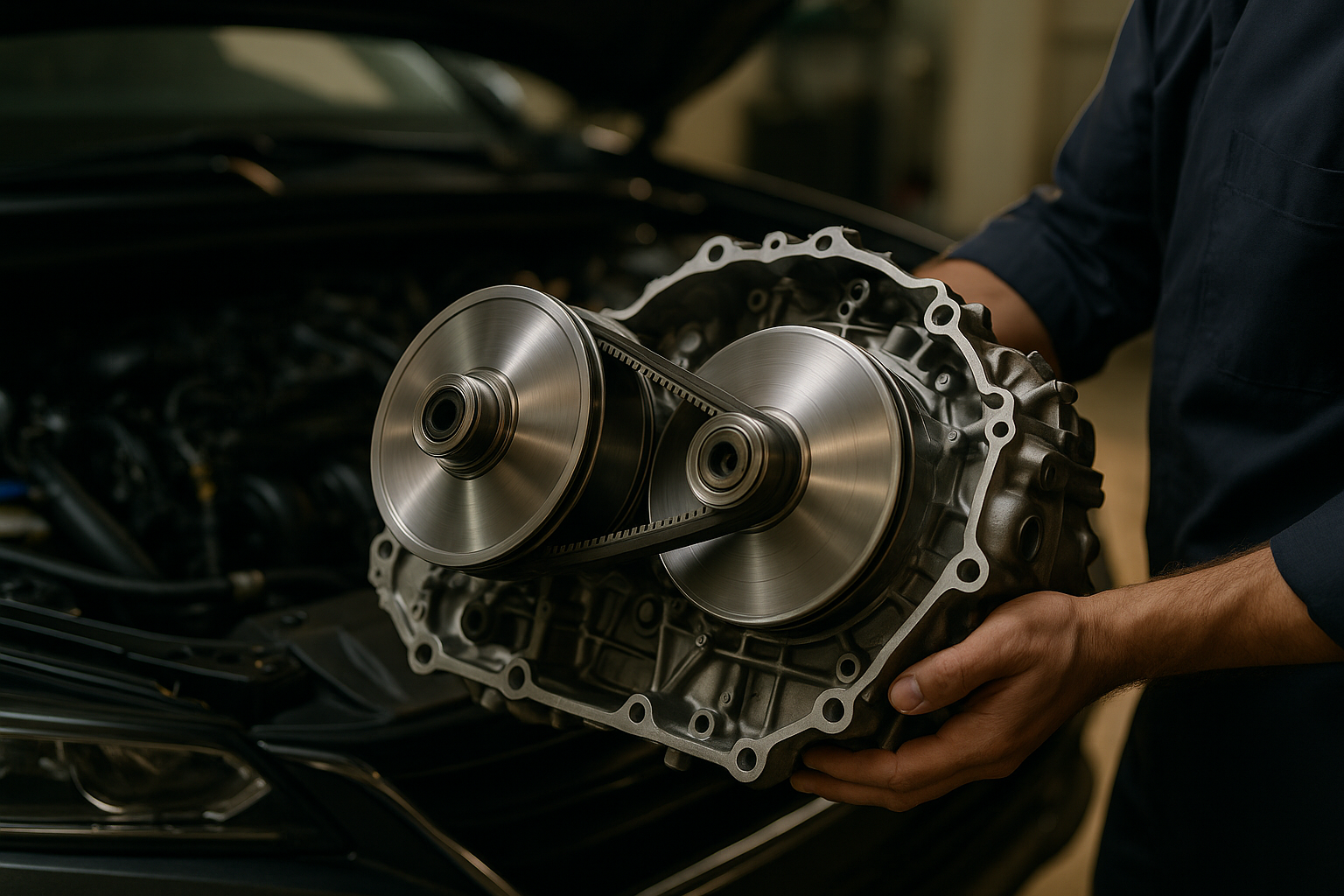Buying Insights for Rebuilt Engines
Rebuilt engines can be a practical way to extend a vehicle’s lifespan. This article explains what rebuilt engines are, the factors that influence their overall cost, and the important considerations to review before moving ahead with a purchase decision.

How are rebuilt engines prepared?
The process of rebuilding an engine involves several critical steps to restore it to optimal functioning condition. Initially, the engine is completely disassembled, and each component is thoroughly cleaned and inspected. Worn or damaged parts are replaced with new or reconditioned components that meet or exceed original equipment manufacturer (OEM) specifications. This typically includes replacing piston rings, bearings, gaskets, and seals.
The cylinder walls are often machined to ensure a smooth surface for the new piston rings, while the crankshaft may be polished or reground to maintain proper tolerances. Cylinder heads are inspected for cracks, resurfaced if necessary, and fitted with new valves and springs. Once all components are refurbished or replaced, the engine is reassembled with precision, adhering to factory torque specifications and clearances.
What factors influence the cost of rebuilt engines?
Several variables contribute to the pricing of rebuilt engines, making it essential for buyers to understand these cost factors. The make and model of the vehicle play a significant role, as engines for popular models may be more readily available and potentially less expensive. Conversely, rare or high-performance engines often command premium prices due to limited availability of parts and specialized labor requirements.
The extent of the rebuild also impacts cost. A basic rebuild might involve replacing only the most critical components, while a comprehensive overhaul could include upgrading to higher quality parts or performance enhancements. Labor costs vary depending on the complexity of the engine and the reputation of the rebuilder. Additionally, warranty coverage can influence pricing, with longer or more comprehensive warranties typically resulting in higher upfront costs.
What are key considerations before purchasing a rebuilt engine?
When contemplating the purchase of a rebuilt engine, several factors warrant careful consideration to ensure a satisfactory investment. First and foremost, the reputation and credentials of the rebuilder should be thoroughly researched. Look for certifications, customer reviews, and industry recognition to gauge the quality of their work.
The warranty offered with the rebuilt engine is another crucial aspect. A comprehensive warranty that covers both parts and labor can provide peace of mind and protection against potential issues. It’s important to understand the terms and conditions of the warranty, including its duration and any exclusions or limitations.
Compatibility is paramount when selecting a rebuilt engine. Ensure that the engine specifications match your vehicle’s requirements, including displacement, fuel type, and emissions standards. Some rebuilt engines may offer slight improvements or updates compared to the original, but it’s essential to verify that these changes are compatible with your vehicle’s systems.
Lastly, consider the long-term value proposition. While a rebuilt engine may have a higher upfront cost compared to a used engine, it often provides better reliability and longevity. Factor in potential fuel efficiency improvements and reduced likelihood of immediate repairs when evaluating the overall cost-benefit of a rebuilt engine.
How do rebuilt engines compare in terms of pricing and providers?
When exploring options for rebuilt engines, it’s helpful to compare offerings from different providers. Below is a comparison of typical rebuilt engine options available in the market:
| Provider Type | Typical Price Range | Warranty | Key Features |
|---|---|---|---|
| Local Machine Shop | $2,500 - $4,000 | 12-24 months | Personalized service, potential for customization |
| National Rebuilder | $3,000 - $5,500 | 36-60 months | Standardized quality, extensive distribution network |
| Dealership | $4,000 - $7,000 | Up to 100,000 miles | OEM parts, factory-trained technicians |
| Performance Specialist | $5,000 - $10,000+ | Varies | High-performance upgrades, specialized builds |
Prices, rates, or cost estimates mentioned in this article are based on the latest available information but may change over time. Independent research is advised before making financial decisions.
The price ranges provided above reflect typical costs for common passenger vehicle engines. Luxury, heavy-duty, or specialized engines may fall outside these ranges. It’s important to note that while national rebuilders and dealerships often offer more extensive warranties, local machine shops may provide more competitive pricing and personalized service.
What documentation should accompany a rebuilt engine?
When purchasing a rebuilt engine, proper documentation is crucial for both warranty purposes and understanding the work performed. A reputable rebuilder should provide a detailed work order or invoice outlining all components replaced, machining work completed, and any upgrades or modifications made to the engine.
The documentation should also include the engine’s serial number, which can be used to trace its history and verify the rebuild process. A warranty certificate specifying the terms, duration, and coverage limits is essential. Some rebuilders may also provide dyno test results or compression readings as evidence of the engine’s performance post-rebuild.
In conclusion, buying a rebuilt engine can be a smart financial decision for vehicle owners facing significant engine repairs or replacements. By understanding the rebuild process, considering key factors such as cost influences and provider reputation, and carefully reviewing documentation and warranties, buyers can make informed decisions that balance quality, performance, and value. With proper research and due diligence, a rebuilt engine can offer a reliable and cost-effective solution for extending a vehicle’s lifespan.




